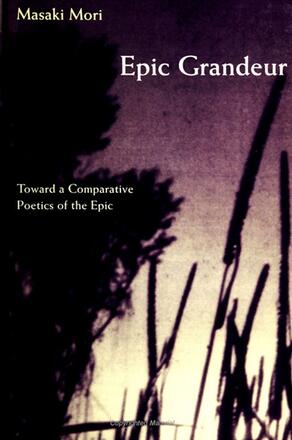
Epic Grandeur
Toward a Comparative Poetics of the Epic
Alternative formats available from:
Examines both Western and Japanese epic traditions to argue for a new concept of the epic--an epic of peace, toward which the genre is evolving globally.
Description
Epic Grandeur: Toward a Comparative Poetics of the Epic proposes a new concept of the epic. The book is based on the belief that the genre has been transforming itself throughout its history from conventional, war-oriented types to a new kind that promotes peace without having recourse to violent motifs. To prove this point, the book takes a new thematic approach which centers on the three elements of epic grandeur: the hero's attitude toward his mortality, his commitment to the community, and the dual dimension of time and space.
The book also examines two relatively recent works: John Keats's The Fall of Hyperion and Miyazawa Kenji's Gingatetsudo no Yoru (A Night on the Galaxy Railroad). These works are used as examples of the "transitional epic" that departs from the conventional norms of the epic, and give the reader insight into underlying cultural differences and similarities between the East and West.
Masaki Mori is Assistant Professor of Comparative Literature at The University of Georgia.
Reviews
"Comparing Keats's and Miyazawa's works, the author has skillfully presented the notion of transitional epics. This book tells us the necessity of epics of peace (rather than of war) at the end of the twentieth century. " — Reiko Tachibana Nemoto, The Pennsylvania State University